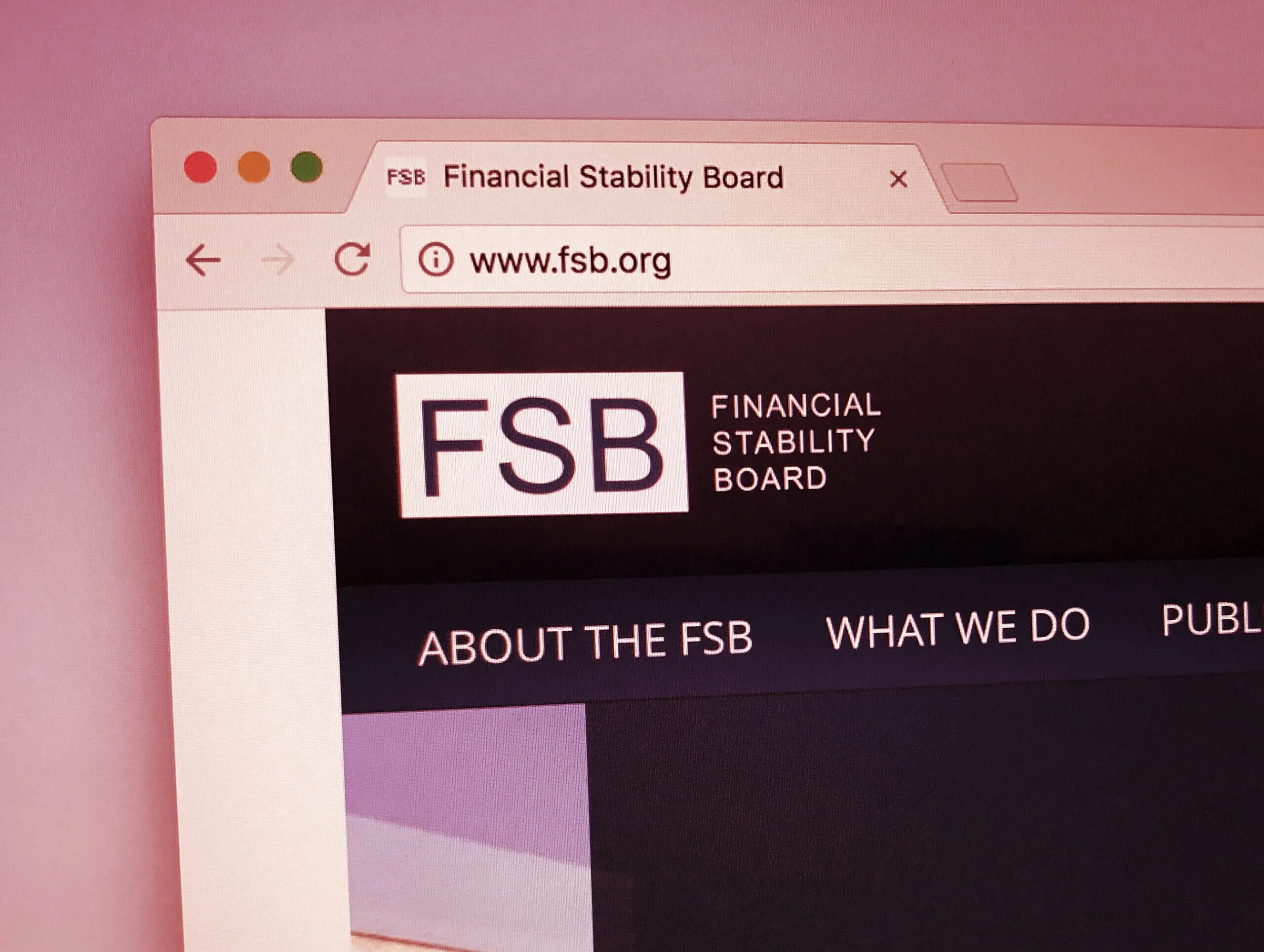In brief
- Klass Knot, the Dutch central bank governor and FSB chair, thinks that crypto assets create risks for the global financial system.
- The Financial Stability Board is an organization that recommends to the G20 nations financial rules and regulations.
We do the research, you get the alpha!
The chair of the Financial Stability Board (FSB), a Switzerland-based international body that issues recommendations about the financial sector, is warning that crypto could have a “destabilizing effect across the financial sector” that could “escalate quickly.”
In a new report, Klass Knot pressed policymakers to create rules around the digital asset market, stating that “there’s clearly a higher degree of urgency.”
Knot and the FSB argue that the crypto market and the wider financial system are becoming more and more interconnected. That’s because many traditional financial institutions are now exposed to cryptocurrencies in one form or another. Big banks like Standard Chartered and Morgan Stanley, for example, have directly invested in either crypto or blockchain technology.
The FSB also believes that stablecoins pose a serious risk given how susceptible they may be to “disruptive runs on their reserves.”
Large stablecoin issuers, from Tether (USDT) to Circle (USDC), claim that their stablecoins in circulation are fully backed by cash reserves. Knot suggests that if the holders of these stablecoins were to simultaneously redeem their holdings for the dollars (or other assets) that they represent, and the tokens were not fully backed, the fallout could spill over into traditional markets.
“Were a major stablecoin to fail, it is possible that liquidity within the broader crypto-asset ecosystem (including in decentralized finance) could become constrained, disrupting trading and potentially causing stress in those markets,” said the FSB. “This could also spill over to short-term funding markets if stablecoin reserve holdings were liquidated in a disorderly fashion.”
The FSB is also worried about the increased use of leverage trading at unregulated crypto exchanges, which sometimes offer as much as 125x leverage. The FSB is afraid that a potential loss due to use of high leverage could affect the broader financial market due to its connection with crypto.
The FSB is particularly concerned about security and lack of regulatory oversight in crypto and DeFi. “DeFi related hacks made up over 75% of the $481 million known total hack and theft volume of crypto-assets through September 2021," the report cites. "If the sector were to continue to increase in size, the crystallisation of these vulnerabilities might have consequences for the functioning of, and confidence in, the broader financial system."
The FSB is also reportedly working on creating global standards for crypto assets, which Knot expects to “progress quite a bit in 2022.” The regulator published a report in 2020 which gave high-level recommendations on how to regulate stablecoins, including an effective risk management framework for reserve management.
Regulators zero in on crypto
The FSB's warnings on stablecoins have increased over the past few years as the crypto space grew bigger in size. But Klass Knot is hardly the only regulator that wants to create rules around the crypto space. SEC Chairman Gary Gensler has been vocal about imposing crypto regulations to provide better consumer protection.
Sir Jon Cunliffe, the Bank of England's deputy governor for financial stability, has also said that cryptocurrencies could cause a financial crisis if they are left unregulated.
Most recently, Canada invoked the Emergencies Act—which allows the government to freeze bank accounts and access funds, including crypto, without going through the court system—in an effort to restrict COVID-19 vaccine mandate protestors from accessing their funds.
As discussion of regulation shifts to actual regulatory action, time will tell whether international banking organizations follow the FSB's recommendations.





